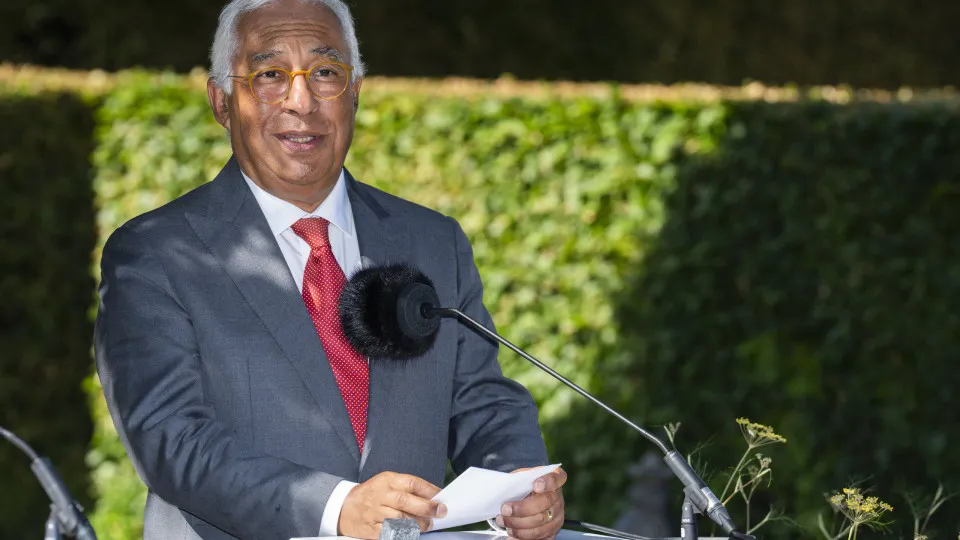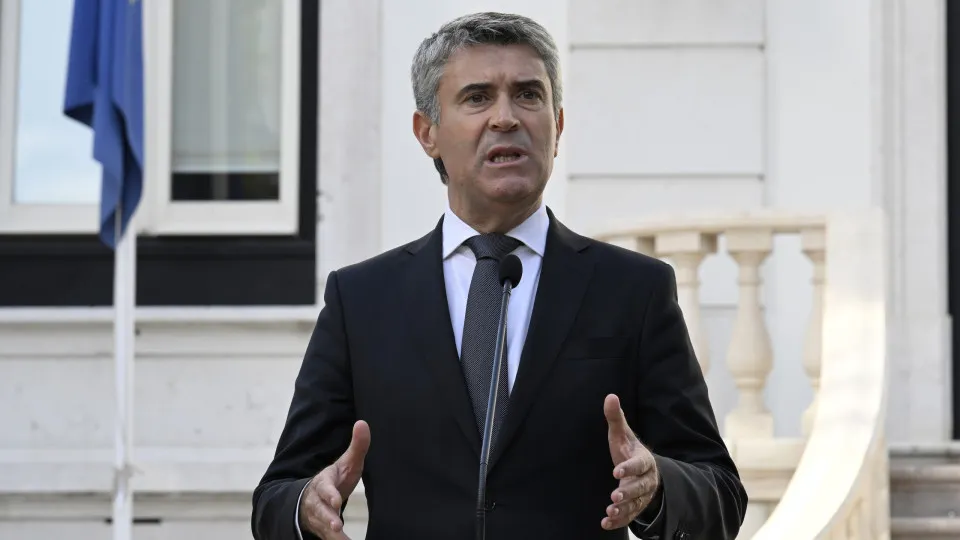
During the debate over the 2023 State General Account (CGE2023), a document submitted to the Assembly of the Republic on May 15, 2024, but whose discussion was delayed, Secretary of State for the Budget, José Maria Brandão de Brito, acknowledged an improvement in the public administration balance and a reduction in the public debt-to-GDP ratio in 2023.
However, he remarked, “such progress was achieved partly at the expense of social justice and, in another part, at the detriment of commitments in critical areas such as housing, public transport, investments in the justice system, but also – and significantly – in health and education.”
During his initial remarks on CGE2023, the official from Finance Minister Joaquim Miranda Sarmento’s team criticized the budget management executed by António Costa’s Government and its policy choices.
“Rigor and transparency in the accountability process are essential ingredients for the quality of democratic life. In this aspect, the 2023 State General Account, like previous editions, does not stand out positively, given the repeated criticisms it has received from the Court of Auditors for the glaring lack of progress in complying with the Budgetary Framework Law, a law approved in 2015,” he stated, assuring that the current executive of Luís Montenegro (PSD/CDS-PP) “is making effective efforts to address the shortcomings pointed out by the Court of Auditors and bring Portugal to the forefront of budgetary management in the European context, after many years of near inaction in this regard.”
PSD Deputy Pedro Coelho claimed that the analysis of CGE2023 undermines “the narrative” of the Socialist Party that it is possible to increase incomes, pensions, and at the same time, reduce taxes, public debt, or overdue payments, asserting there is “a clear mismatch” between what the government projected and what it executed.
Socialist Deputy Miguel Costa Matos defended António Costa’s Government, stating that one can indeed speak “of results and responses.”
As the country was still feeling the effects of the pandemic and the inflation crisis, he noted, the Socialist Government approved IRS reductions, reinforcement of young people’s IRS, Mais Habitação measures, selective reductions in IRC, and support for families and businesses in the face of worsening inflation.
PS Deputy recalled that economic growth is slowing and attributed the responsibility to the current administration. “The growth you bring to the country is clear,” he noted.
Livre Deputy Patrícia Gonçalves considered that “significant results” were achieved in 2023, but also argued that the reduction in public debt was achieved at the expense of citizens’ sacrifice, loss of purchasing power, job insecurity, and pressured public services.
Chega, CDS-PP, IL, and PCP emphasized the fact that the discussion over the CGE document is being held late.
Regarding the delay in discussing the State General Account, Chega Deputy João Ribeiro noted that “if it were a company, it would have already been penalized with hefty fines.”
CDS-PP Deputy Paulo Núncio reminded that every year parliament dedicates a considerable amount of time to discussing the State Budget and, as it is “much more important to discuss results than intentions,” he argued for a timely debate with “similar relevance to the State Budget discussion.”
IL Deputy Mário Amorim Lopes stated that the State “is incapable of applying to itself the same rules” it imposes on companies.
PCP Deputy Alfredo Maia noted that the discussion is occurring so late that Parliament is already debating the 2024 State General Account.




